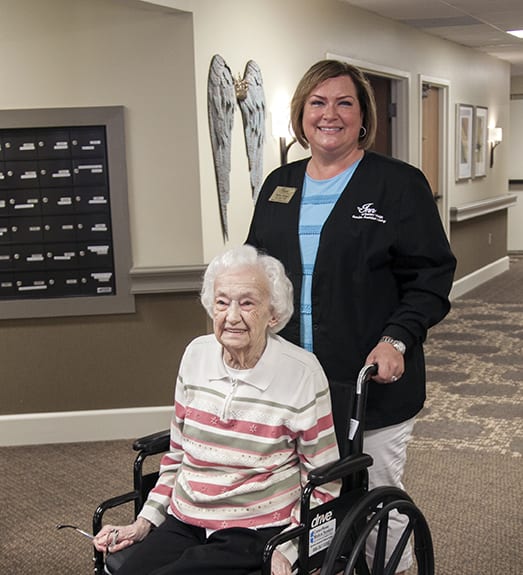As our parents age, it becomes crucial for us to recognize when they may need additional help and support. It can be challenging to determine when the line between independence and dependence has been crossed. In this blog post, we will explore the various signs that indicate when your elderly parents may require assistance. By understanding these signs, you can ensure their well-being and provide the necessary support they need.
- Physical Changes:
Physical changes are often the first indicators that your elderly parents may need help. Look out for signs such as difficulty with mobility, unexplained bruises or injuries, weight loss, poor personal hygiene, or changes in appetite. These physical changes may indicate underlying health issues or a decline in their ability to care for themselves. - Cognitive Decline:
Memory loss, confusion, forgetfulness, and difficulty in making decisions are common signs of cognitive decline. If you notice your parents struggling with everyday tasks, forgetting important appointments, or experiencing personality changes, it may be time to consider additional support. Consult a healthcare professional to assess their cognitive function and explore appropriate interventions. - Emotional and Behavioral Changes:
Keep an eye out for emotional and behavioral changes in your aging parents. They may become withdrawn, anxious, or depressed. Mood swings, increased irritability, or sudden changes in personality can also be indicators of underlying issues. These changes may be a result of loneliness, isolation, or the inability to manage daily activities independently. - Safety Concerns:
Safety should be a top priority when assessing the need for assistance. Look for signs of falls, accidents, or near-misses. Check if your parents are taking their medications correctly and if they are able to manage household tasks without endangering themselves. Safety concerns can include leaving appliances on, forgetting to lock doors, or experiencing frequent accidents. - Social Isolation:
Isolation and loneliness can have a significant impact on the well-being of elderly individuals. If your parents are withdrawing from social activities, avoiding contact with friends or family, or showing a lack of interest in hobbies they once enjoyed, it may be a sign that they need additional support. Loneliness can lead to depression and decline in physical and mental health.
Conclusion:
Recognizing when your elderly parents need help is crucial for their overall well-being. By paying attention to physical changes, cognitive decline, emotional and behavioral changes, safety concerns, and social isolation, you can identify when it's time to provide additional support. Remember, seeking professional advice and involving your parents in the decision-making process is essential to ensure their dignity and autonomy are respected.
